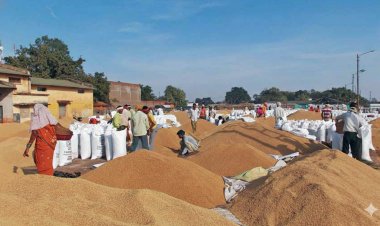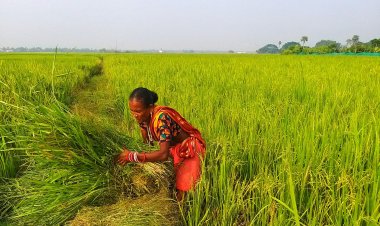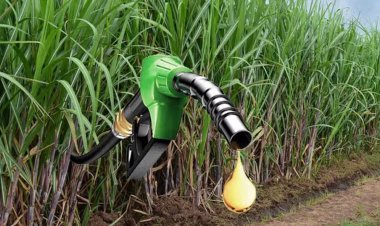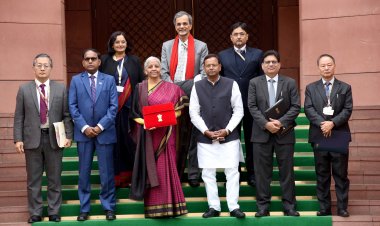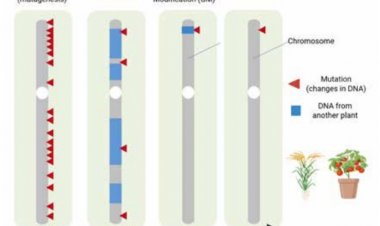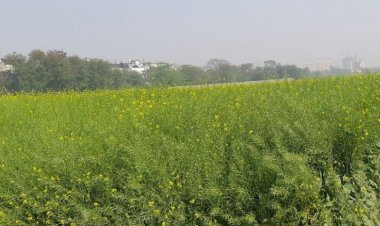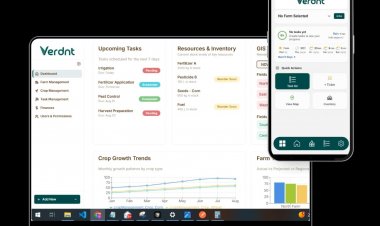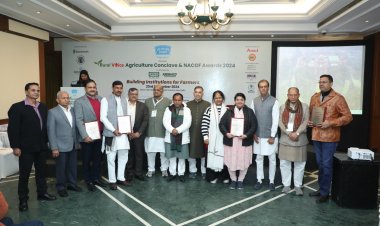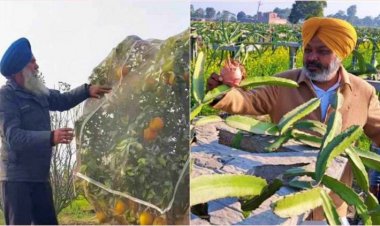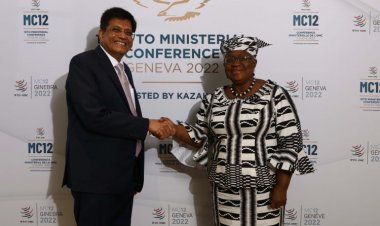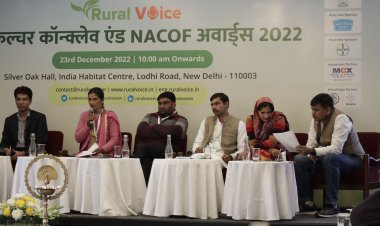State elections’ outcome to decide political-economic policies; rural voters are roaring
After these Assembly elections and in the run-up to more state polls before the all-important 2024 general elections, the emphasis will have to be laid on rural-centric policies, or else the votes would be difficult to harvest. The 13-month-long farmers' protests have instilled a new confidence in the countryside. It is being taken note of.
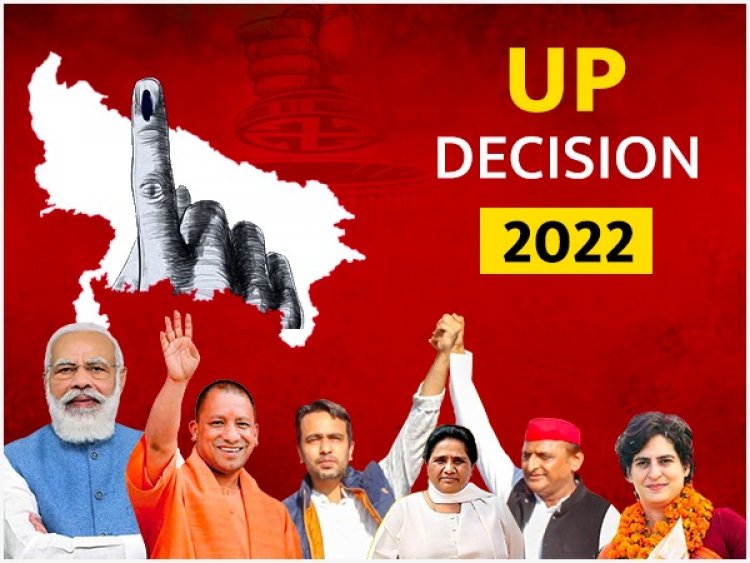
Of the five Assembly elections, Uttar Pradesh (UP) polls are the most important ones. After March 10 when ballot boxes are opened and TV screens flash winners and losers, the outcome of these well-fought elections would decide which way India's political economy is headed for.
Despite Covid-19 restrictions, electioneering has been quite intense. It is more intense as the farmers' protests have made people, especially those of western Uttar Pradesh, realize how powerful the voters are. Combine and consolidate yourself into a solid vote bank and the political parties would do what you want them to do: That is the message the rural voters have sent across in UP.
Unfavourable terms of trade for farmers, be it sugarcane prices and arrears with the sugar mills (Rs 7,000 crore as per a RuralVoice report) or Minimum Support Price, shortages of fertilizers, electricity bill and above all lack of quality jobs are there as election issues in the state. However much a diversion is sought to be brought in by clever (not this time, though) political parties and the pliable media, these issues being constantly flagged by rural voters are here to weigh.
After all, the stakes are too high for the BJP, which never thought that Akhilesh Yadav and his Samajwadi Party would emerge as a formidable contender. The rural voters have sent a clear signal: The one who connects with us — the rural landscape — would be the winner. The choice is wide open for both BJP and SP. Go and connect in clear terms.
The free-market economy mantra and the trickle-down policies are in for a sharp correction after the state elections. In the remaining two years to the 2024 Lok Sabha elections, the political-economic policies would be more towards direct outreach. There is not much choice. The Covid-19 pandemic has widened the gap between the rich and the poor so much that inequality is brazenly out in the open. How else do we explain the sharp rise in sales of Rs 10 lakh-plus SUV passenger cars in cities while two-wheelers (with a large part contributed by rural demand) show a steep drop? So is the case with tractor sales. For the first time in several years, we are seeing rural demand much weaker than urban despite successive and plentiful monsoons. Industry leaders, including Sanjiv Mehta, the Chairman of Hindustan Unilever, have acknowledged this phenomenon.
After these Assembly elections and in the run-up to more state polls before the all-important 2024 general elections, the emphasis will have to be laid on rural-centric policies, or else the votes would be difficult to harvest. The 13-month-long farmers' protests have instilled a new confidence in the countryside. It is being taken note of.
Those sitting in the NITI Aayog and Krishi Bhavan would do well to get connected with the ground. Policies, in order to be workable, pragmatic and acceptable, have to be formulated in wider consultation with the farmers. Importantly, the one-size-fits-all policies must be abandoned in favour of regional needs and aspirations. The agro-climatic zone and the state of development in Bihar are widely different from those in Tamil Nadu and the policy planners should act accordingly. Only then would they be helping their political bosses. Or else pushback would be seen often and this would not be desirable.



 Join the RuralVoice whatsapp group
Join the RuralVoice whatsapp group

















